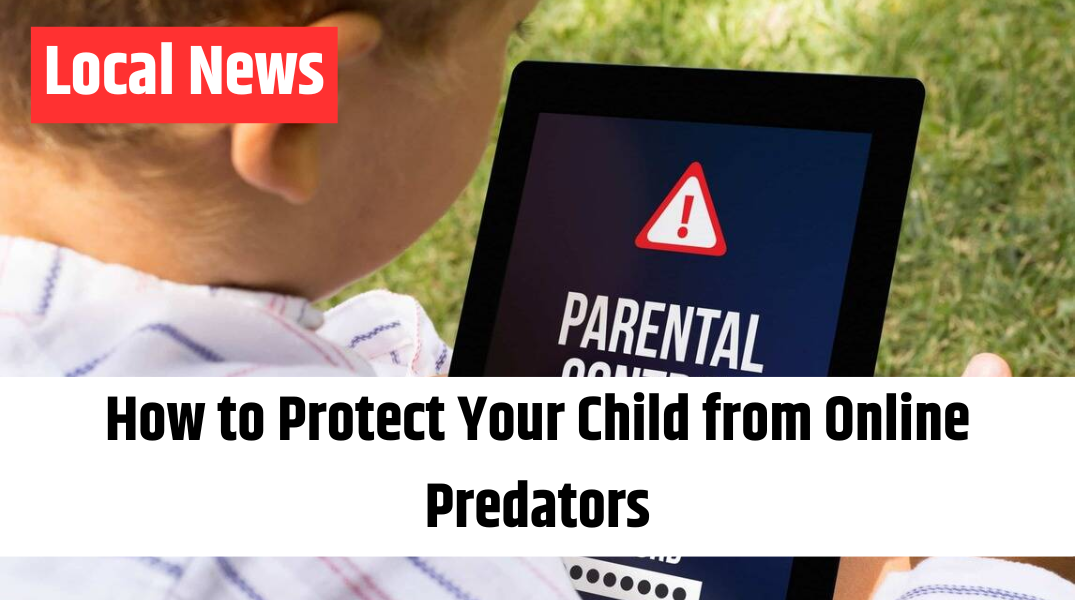
SALT LAKE CITY — As digital platforms become more embedded in everyday life, concerns over children’s online safety are growing. In Utah, a leading internet safety expert is urging parents to stay educated and proactive as online dangers evolve.
Michelle Busch-Upwall, an Education Specialist with Internet Crimes Against Children (ICAC), warns that predators are becoming increasingly sophisticated in their methods.
“Online predators are more aggressive than ever,” Busch-Upwall said. “They’re using every platform available—Snapchat, Instagram, Facebook—to build relationships with kids and manipulate them.”
Many of these predators take their actions offline. Some travel from other states or counties to meet their victims in person. According to Busch-Upwall, cases of “sextortion”—where predators exploit children for explicit content—are on the rise and are often traced to individuals outside the child’s immediate community.
The grooming process typically begins with predators gaining a child’s trust, often by pretending to be a peer, friend, or romantic interest. That trust paves the way for dangerous offline encounters.
“They often present themselves as someone who really understands the child,” Busch-Upwall explained. “Once that emotional connection is made, it’s much easier for them to manipulate the child into meeting in person.”
Utah parent John McGee said that the increasing number of online threats is something he thinks about as he looks ahead to when his daughter is older.
“When she gets her own phone, we’ll be tracking everything we can,” McGee said. “We’ll do the research, have the conversations—it’s terrifying what’s out there.”
Another parent, Adam Rudy, echoed those sentiments. “She won’t be on social media until she’s at least 14, and even then, we’ll set boundaries,” he said.
Busch-Upwall emphasizes that communication between parents and children is key.
“Start having those tough conversations early,” she advises. “Technology changes constantly—AI, new apps, hidden emojis. Stay informed, even if it feels overwhelming.”
To help parents navigate the challenges of raising children in a digital age, organizations like the Family Online Safety Institute provide guidelines for “good digital parenting.” These include maintaining regular, open conversations, using available parental control tools, and researching anything unfamiliar.
The FBI also provides educational tools to help parents understand and report online threats such as sextortion. If you suspect online child exploitation, contact the Internet Crimes Against Children Tip Line at (801) 281-1211 or reach out to local law enforcement




